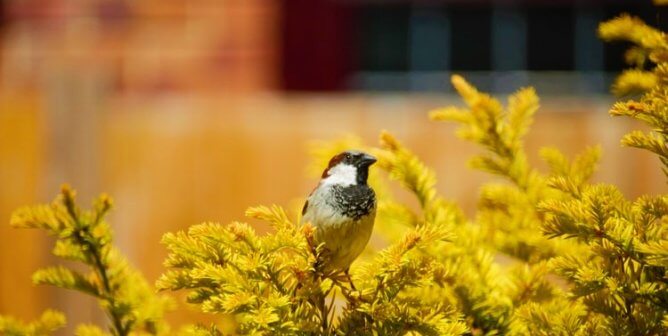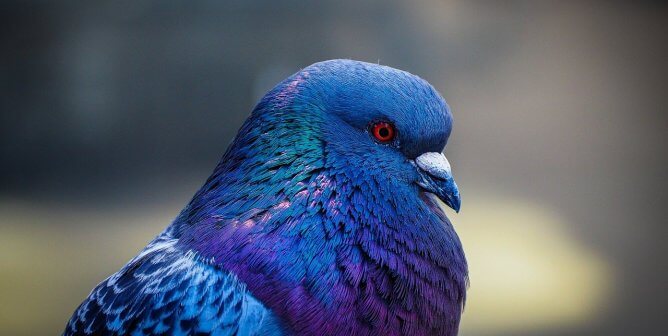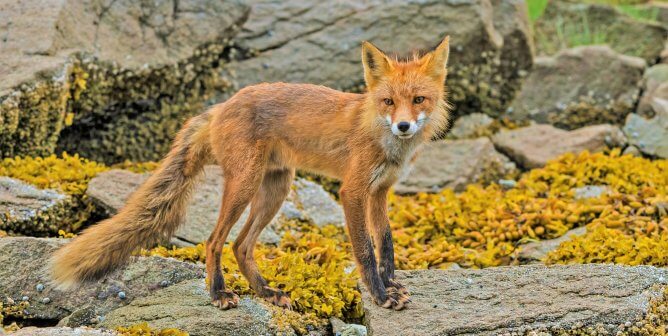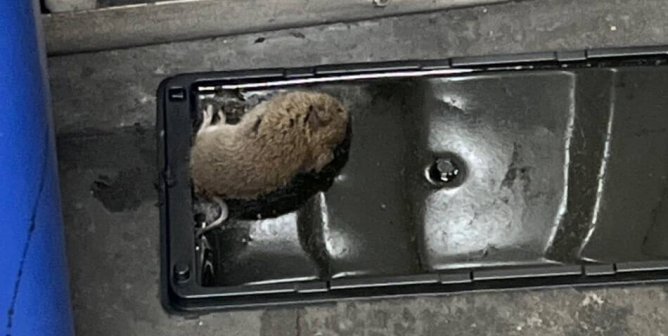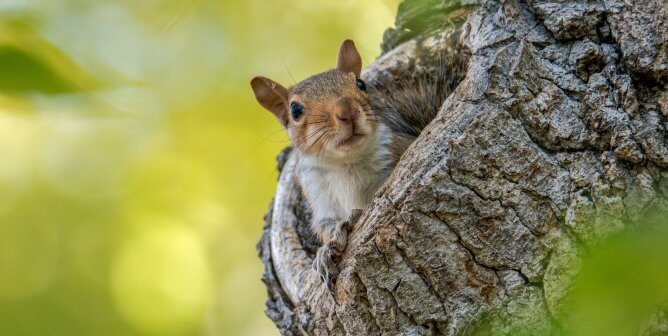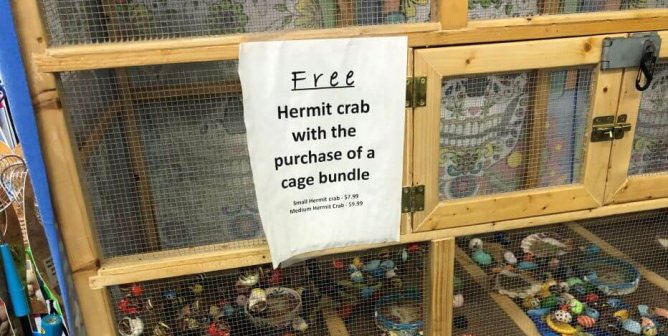Cruel Wildlife Control
For every perceived conflict with wildlife, there is a humane solution. Drowning, trapping, poisoning, using glue traps, and other cruel wildlife “control” methods cause animals terrible, needless suffering.
- Drowning animals is illegal for good reason—the terror and pain that animals who are trapped underwater experience is unimaginable.
- Animals who are caught in steel-jaw traps can suffer for days before succumbing to exposure, shock, or attacks by predators, and traps often maim or kill “nontarget” animals, including dogs and endangered species.
- Bird poisons attack birds’ nervous systems, causing them to suffer seizures, erratic flight, and tremors for hours before dying.
- Glue traps cause terror and agony to any animals who touch them, leaving them to suffer for days. They might experience starvation and dehydration, chew off their limbs attempting to escape, or suffocate after their faces get stuck in the glue.
These methods are cruel, and they rarely have any lasting effect. As long as an area is appealing and accessible, more animals from surrounding areas will simply move in to take the place of those who were killed. Surviving animals often have a “baby boom” to replenish the population. Cruel wildlife control methods result in an endless trap-and-kill cycle.
Visit our Web pages on drowning, trapping, bird poisons, and glue traps to learn more about cruel wildlife control methods and how you can protect and live in harmony with your furry and feathered neighbors.


